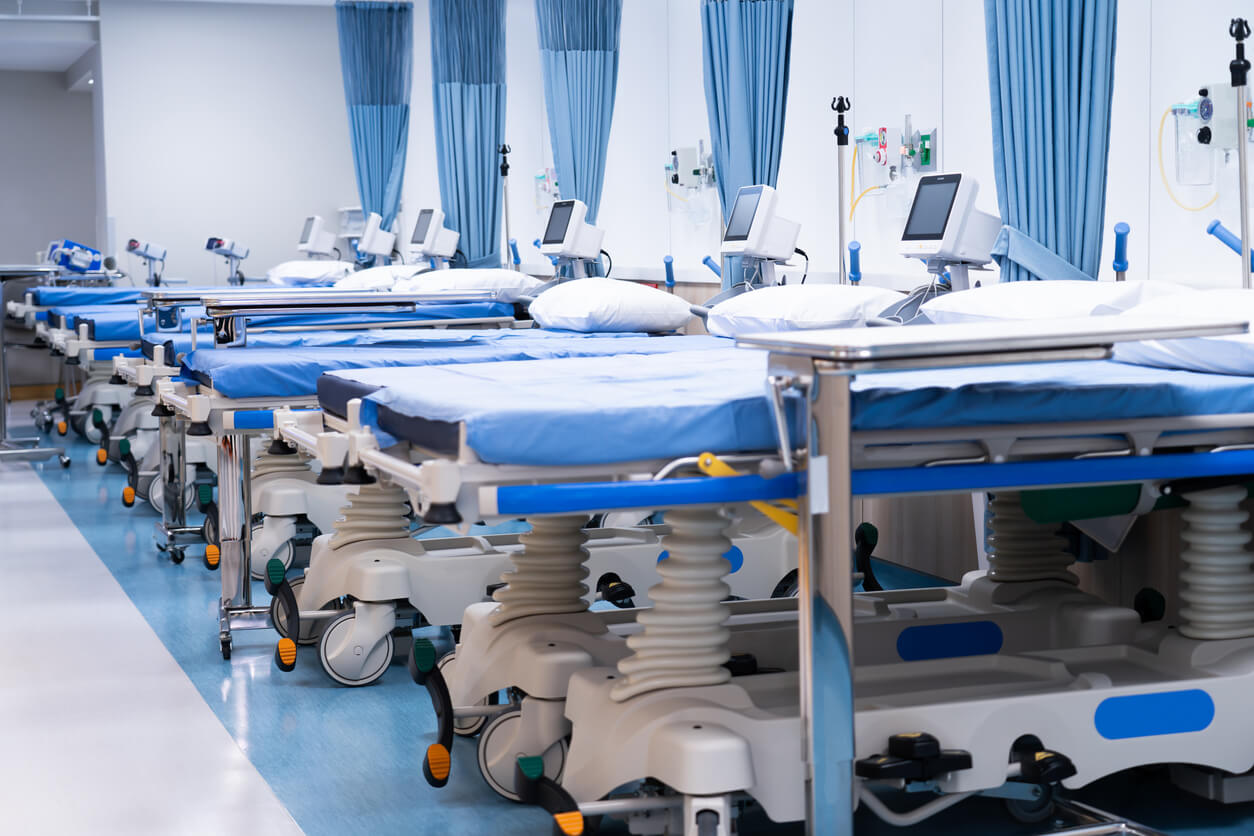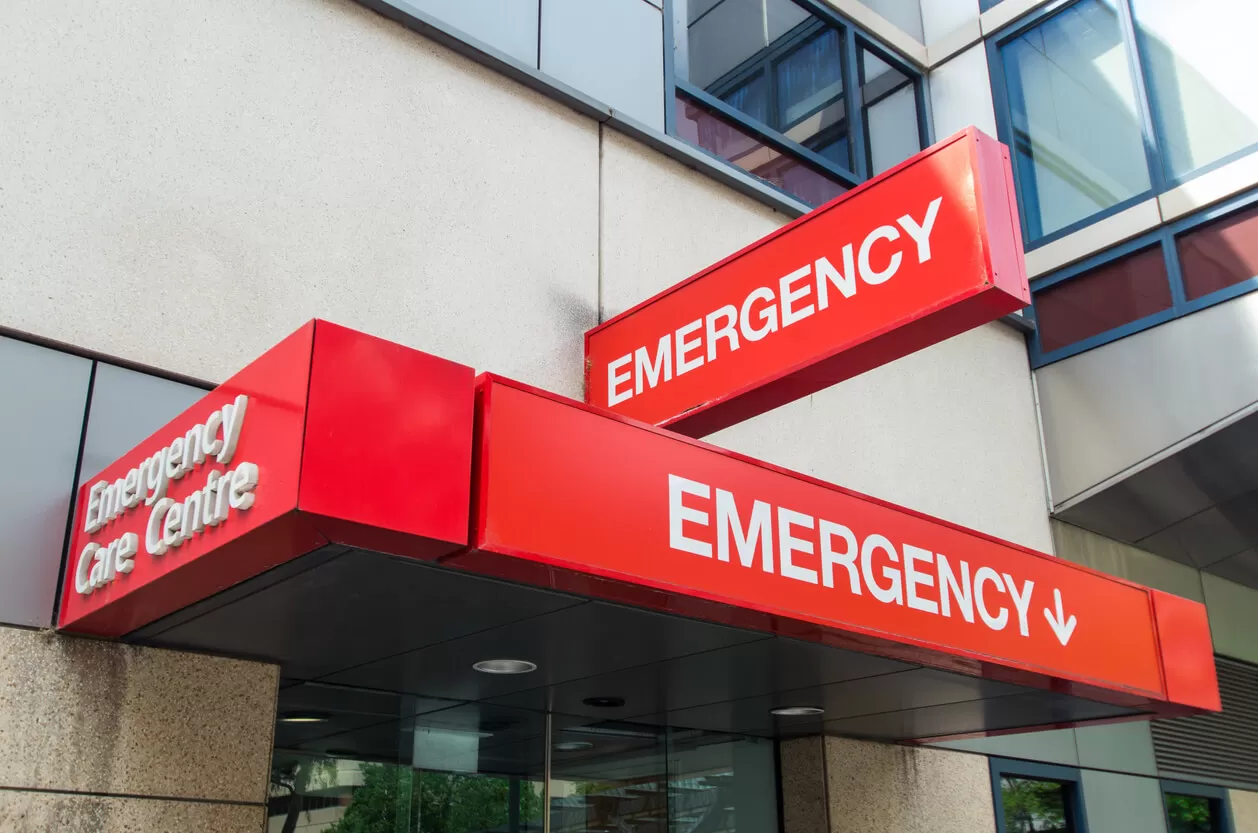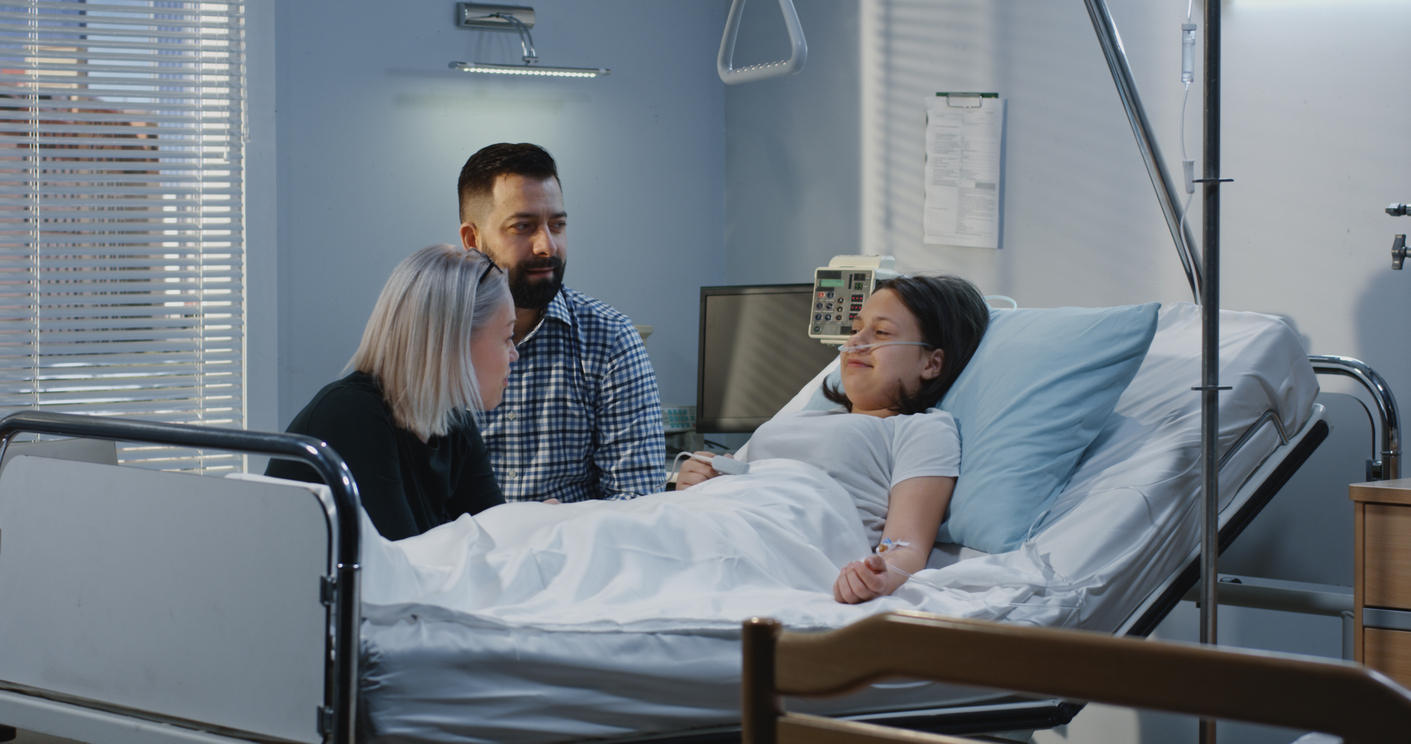Urgent medical situations can be overwhelming, especially when deciding between an urgent care center and an emergency room. The pressure of the moment, coupled with uncertainty, can make this decision feel even more overwhelming.
This informative guide will explain these healthcare options, offering clarity on when to choose immediate care over an emergency room visit. Learning these insights, you’ll gain the confidence to make informed decisions that cater to your health needs, ensuring you receive prompt and appropriate treatment when it counts.
Whether you’re in Corpus Christi or elsewhere, having this knowledge at your fingertips can be invaluable in critical times.
What Is Immediate Care?
Immediate care facilities, known as urgent care centers, are designed to provide quick and efficient medical attention for non-critical conditions. They fill the gap between waiting for a primary care physician appointment and the assistance required in an emergency.
Services here cater to minor illnesses such as flu symptoms, ear infections, and Urinary tract infections. Because they have shorter wait times, they often serve as a convenient alternative for those with pressing but non-life-threatening medical issues.
When to Go to Urgent Care Centers?
- Flu Symptoms. When experiencing mild flu symptoms or a minor respiratory infection that does not impair breathing or alertness, immediate assistance can provide relief and treatment, managing symptoms effectively.
- Minor Injuries. Urgent care centers offer quick assessments and treatment options for sprains, strains, or minor cuts that need attention but not immediate life-saving intervention.
- Ear Pain or Infections. If ear pain persists or if there’s suspicion of infection without severe symptoms like fever or dizziness, visiting immediate assistance provides timely evaluation and relief of discomfort.
- Abdominal Pain. Mild abdominal discomfort that does not escalate to severe pain or an acute condition can be effectively managed at an urgent care clinic where initial diagnostics can occur.
- Mild Allergic Reactions. Mild allergic reactions without alarming symptoms, like difficulty breathing, can be addressed at urgent care with appropriate medication or advice.
- Minor Rashes or Skin Irritations. Uncomplicated skin conditions that do not involve swelling or pain can be examined and treated in a walk-in clinic setting.
- Light Vaginal Bleeding. Non-severe vaginal bleeding, under certain conditions, can be assessed at immediate care facilities for proper advice and basic treatment.
- Follow-Up Conditions. For medical conditions requiring prompt follow-up when primary care doctors are unavailable, urgent care offers convenient access.
- Mild Shortness of Breath. If shortness of breath is mild and not linked to severe chest pain or other concerning symptoms, immediate care can provide adequate checks and care provision.
Pros and Cons of Immediate Care
Pros
- Shorter Wait Times. Immediate care facilities often provide quicker service compared to emergency rooms, making sure that minor issues receive timely attention without long delays.
- Cost-Effective Solutions. These centers typically offer more affordable medical care, making them a financially sensible choice compared to the higher expenses often associated with ER visits.
- Convenient Access. With numerous locations that often extend their hours past those of regular doctor offices, immediate care centers offer greater accessibility, allowing for walk-in visits when urgent, non-emergency care is needed.
Cons
- Limited Resources. Immediate care facilities may lack the comprehensive resources needed to diagnose and treat severe or intricate medical conditions, which can require more advanced equipment and expertise.
- Navigational Challenges. For symptoms that may appear mild but are indicative of serious underlying issues, obstacles could exist in determining whether hospital emergency departments are necessary for further evaluation.
- Lack of Critical Care Equipment. Immediate care clinics are generally not equipped to handle life-threatening or critical care scenarios, necessitating a visit to an emergency room for cases that escalate or pose significant dangers to health.
What Is an Emergency Room?
Emergency rooms are equipped to handle life-threatening medical emergencies and offer comprehensive care for serious health issues. Staffed with emergency medicine physicians, they are prepared for conditions that demand immediate attention.
Emergency departments like Reliant Emergency Room, located in in Corpus Christi, TX, operate 24/7, providing advanced diagnostics and life-saving treatments when needed.
When to Go for Emergency Care?
- Severe Chest Pain. Sudden, severe chest pain that may signal a potentially life-threatening condition like a heart attack needs immediate evaluation at the ER, where cardiological interventions are available.
- Head Injury. Any head injury involving significant symptoms or loss of consciousness warrants immediate ER attention for thorough assessment and imaging if necessary.
- Uncontrolled Bleeding. Severe or uncontrolled bleeding that could indicate a serious injury necessitates emergency medical intervention to prevent loss of life or prolonged damage.
- Severe Allergic Reactions. Allergic reactions involving swelling, anaphylaxis, or breathing issues require urgent attention in an emergency room for quick relief through medication and monitoring.
- Sudden Abdominal Pain. Sudden or severe abdominal pain could be indicative of conditions like appendicitis and requires the advanced diagnostic resources of an ER.
- Life-Threatening Emergencies. Severe trauma, infections, or any condition that could immediately risk life should be handled by emergency departments equipped with the necessary resources.
- Severe Injury. Significant accidents involving fractures, deep wounds, or apparent significant trauma should prompt an ER visit for comprehensive care.
- Stroke Symptoms. Symptoms such as sudden weakness, confusion, or difficulties in speech should be addressed immediately at an ER for swift intervention.
Pros and Cons of the Emergency Room
Pros
- Comprehensive Services. Emergency rooms are designed to handle life-threatening conditions and true emergencies, offering a wide range of medical services, from injuries and severe allergic reactions to acute medical crises that require immediate intervention.
- Advanced Diagnostics. Equipped with state-of-the-art diagnostic tools, emergency rooms like Reliant Emergency Room facilitate accurate and swift assessments guided by expert emergency medicine physicians who are trained to manage diverse medical emergencies efficiently.
- 24/7 Availability. Emergency rooms are available around the clock, providing patients with access to critical medical care no matter the time of day or night. This continuous operation assures that urgent needs can be addressed promptly, offering peace of mind in any scenario. In cities like Corpus Christi, having a reliable emergency room nearby can make all the difference in times of crisis.
Cons
- Longer Wait Times. Due to the prioritization of severe, life-threatening cases, patients with non-critical conditions may experience longer wait times, which can prolong discomfort or delay treatment for less urgent issues.
- Higher Costs. Visits to the emergency room often incur higher expenses and potential additional facility fees, reflecting the extensive resources and medical expertise available for urgent and emergency care.
- Insurance Challenges. Navigating insurance in emergency settings can be complex, especially if the services fall outside a patient’s network, leading to unexpected costs and coverage issues that can complicate the billing process.
Making the Right Choice for Your Health Needs
Making the right choice for your health needs involves careful consideration of various factors. By thoughtfully evaluating these key aspects, you can navigate your options with greater clarity and confidence.
1. Evaluate Symptom Severity
Assess the intensity and urgency of your symptoms. Mild or gradual symptoms may be suitable for an urgent care clinic, while severe or sudden symptoms may indicate the need for emergency medical care.
2. Life-Threatening Evaluation
Determine if the condition could be a life-threatening emergency. Situations like severe chest pain, difficulty breathing, or unconsciousness require immediate attention at an emergency room for safety and prompt treatment.
3. Proximity and Accessibility
Consider the location and availability of nearby emergency care services, especially for urgent situations. Quick access to care facilities can make a significant difference in emergency medical scenarios.
4. Operational Hours
Check the open hours of potential care facilities. Urgent care centers often extend their hours, making them ideal for immediate needs outside regular office times, while ERs provide 24/7 access.
5. Medical History Considerations
Take any existing medical conditions into account, as they could complicate current situations. A primary care provider or specialist might be necessary to address these complexities in a controlled setting.
6. Minor Condition Options
For minor conditions or basic preventive care, urgent care facilities are often adequate. They provide efficient service without the wait and expense often associated with emergency rooms.
7. Insurance Verification
Confirm your insurance coverage details for different medical facilities to avoid unexpected expenses. Understanding what is in-network helps you manage costs and reduce stress during medical events.
Prompt, Expert Assistance: Contact Us for Top Services in Medical Emergencies
Knowing the distinctions between immediate care and emergency rooms empowers you to make the best choices for your medical needs. For non-life-threatening conditions, urgent care centers provide efficient solutions, shorter wait times, and accessible care. However, for severe conditions or life-threatening emergencies, it’s essential to prioritize your visit to the nearest emergency department to receive comprehensive treatment.
At Reliant Emergency Room in Corpus Christi, we’re ready to provide exceptional emergency assistance, blending swift responsiveness with expert medical care. Discover how our dedicated services can deliver the prompt and dependable support you need during any medical emergency. Visit us to experience top-tier care when you need it most.








